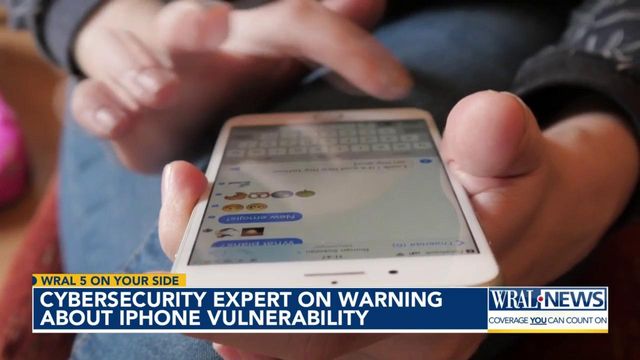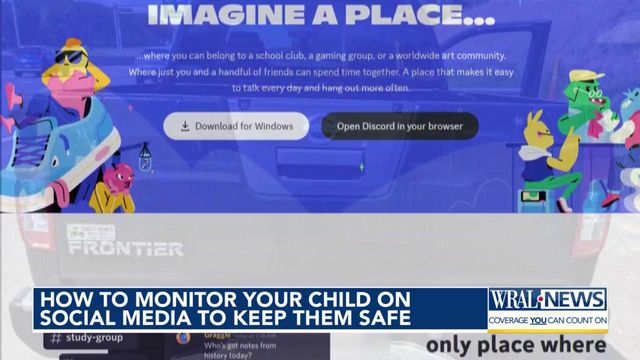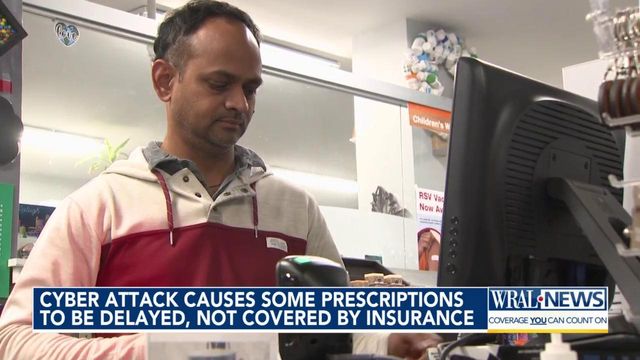Cyber security: Protecting your digital life
To protect your digital footprint, WRAL reports on the best practices, security software, password measures and the just plain scams that you need to know about.
From identity theft to phishing to the right (and memorable) password, the need for cyber security is pervasive in modern life.
Our smartphones, our homes, our work computers and even our cars collect data and store personal information that can be used against us by bad actors.
Cyber threats can include malware – software designed to gain access to a computer or device without the owner's knowledge or permission – or attacks on personal information. Bank or credit card account numbers, passwords, phone numbers and other information allow a hacker to use or sell your identity.
Cyber security tips
Only use trusted sites when providing your personal information. A good rule of thumb is to check the URL. If the site includes “https://,” then it’s a secure site. If the URL includes “http://,” — note the missing “s” — avoid entering sensitive information like your credit card data or Social Security number.
Don’t open email attachments or click links in emails from unknown sources. One of the most common ways people are attacked is through emails disguised as being sent by someone you trust.
Always keep your devices updated. Software updates contain important patches to fix security issues. Cyberattackers thrive on outdated devices because they don’t have the most current security software.
Back up your files regularly. If you need to wipe your device clean due to a cyberattack, it will help to have your files stored in a safe, separate place.






















